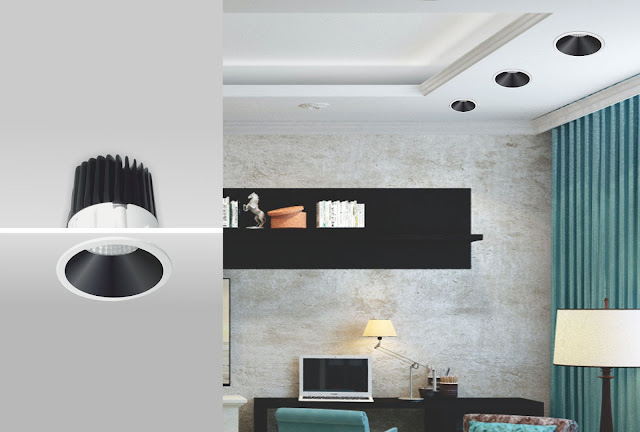In today's fast-paced world, technology has become an essential part of our lives. From smartphones to laptops, technology has changed the way we communicate, work, and even relax. With the rise of home automation systems, technology is now changing the way we live in our homes as well. Home automation allows us to control various aspects of our homes remotely, providing us with greater comfort, convenience, and energy efficiency.
If you're looking to reduce your carbon footprint and save money on energy bills, home automation is an excellent place to start. With the help of sensors and smart devices, your home automation system can detect when you're not at home and adjust the temperature and lighting accordingly. This can help you save on heating and cooling costs by reducing your energy consumption when you're not there to enjoy it. Moreover, many home automation systems come with energy monitoring tools that allow you to track your energy usage and identify areas where you can cut back.
But how do you make sure that your home automation system is optimized for energy efficiency? To get started, consider the following advice:
- Choose the Right System: There are many home automation companies in Delhi and Noida, so it's essential to choose the right one for your needs. Look for a system that is user-friendly, customizable, and offers energy-saving features.
- Upgrade to Smart Appliances: Smart appliances, such as refrigerators and washing machines, can be programmed to run during off-peak hours when energy costs are lower. This can help you save on energy bills and reduce strain on the grid during peak hours.
- Install Smart Lighting: Smart lighting can turn off automatically when no one is in the room or when natural light is sufficient. You can lessen your carbon impact and save money on your power costs by doing this.
- Optimize Your Thermostat: Your thermostat is one of the most important components of your home automation system. Set your thermostat to automatically adjust the temperature when you're not at home or when you're sleeping. This can help you save on energy costs and reduce your carbon footprint.
- Use Solar Panels: If you're looking to go the extra mile in terms of energy efficiency, consider installing solar panels. Solar panels can provide you with clean, renewable energy and help you save on energy costs in the long run.
In conclusion, home automation is a powerful tool that can help you save money on energy bills and reduce your carbon footprint. By choosing the right system, upgrading to smart appliances, installing smart lighting, optimizing your thermostat, and using solar panels, you can make your home automation system more energy-efficient than ever before. So why wait? Start exploring the possibilities of home automation today and take the first step towards a more sustainable future.
If you're based in Delhi or Noida and looking for a reliable home automation company, we recommend checking out Techvault. With their state-of-the-art technology and professional expertise, you can be sure to get the best home automation solutions to suit your needs. So, whether you're looking to reduce your carbon footprint, save money on your energy bills, or simply enhance your lifestyle, home automation is the way to go.

Comments
Post a Comment